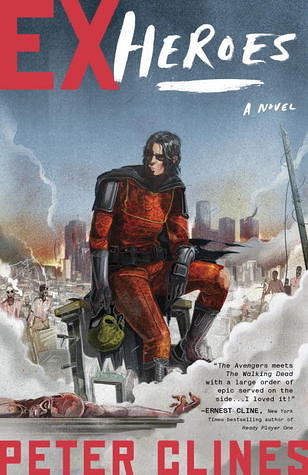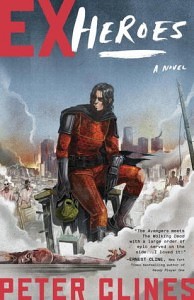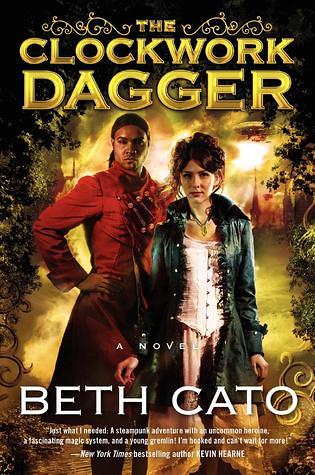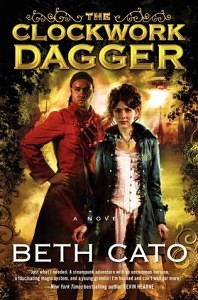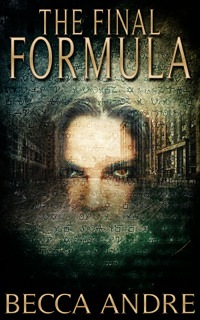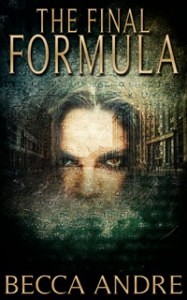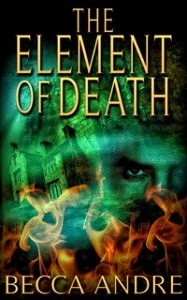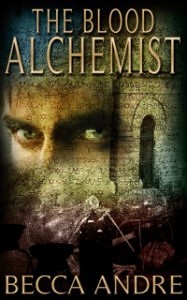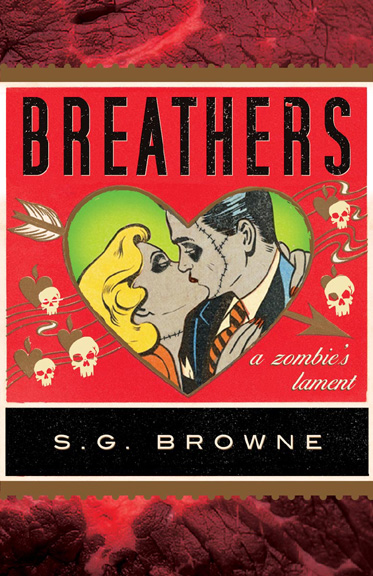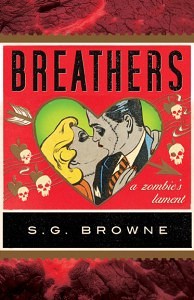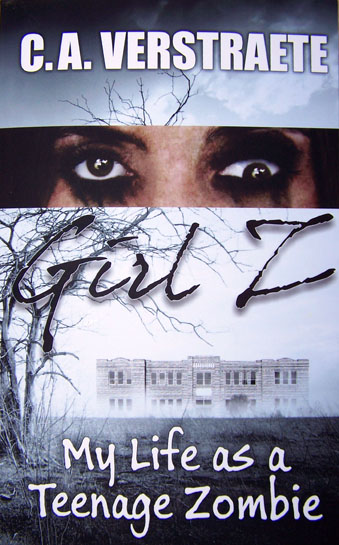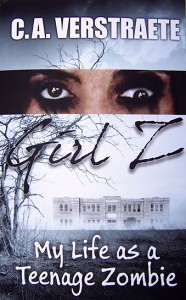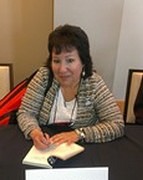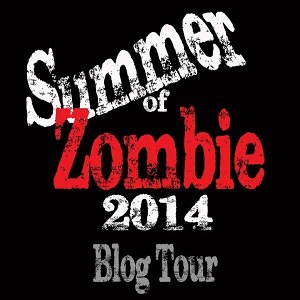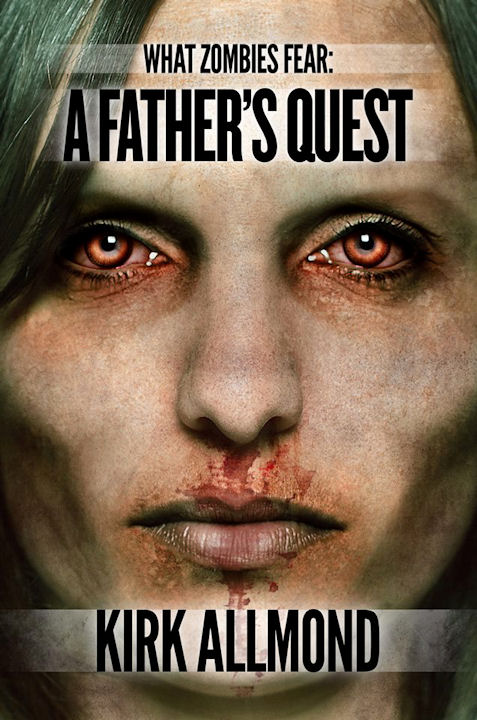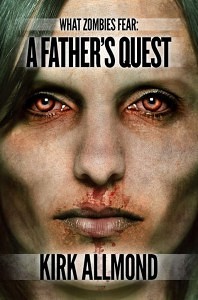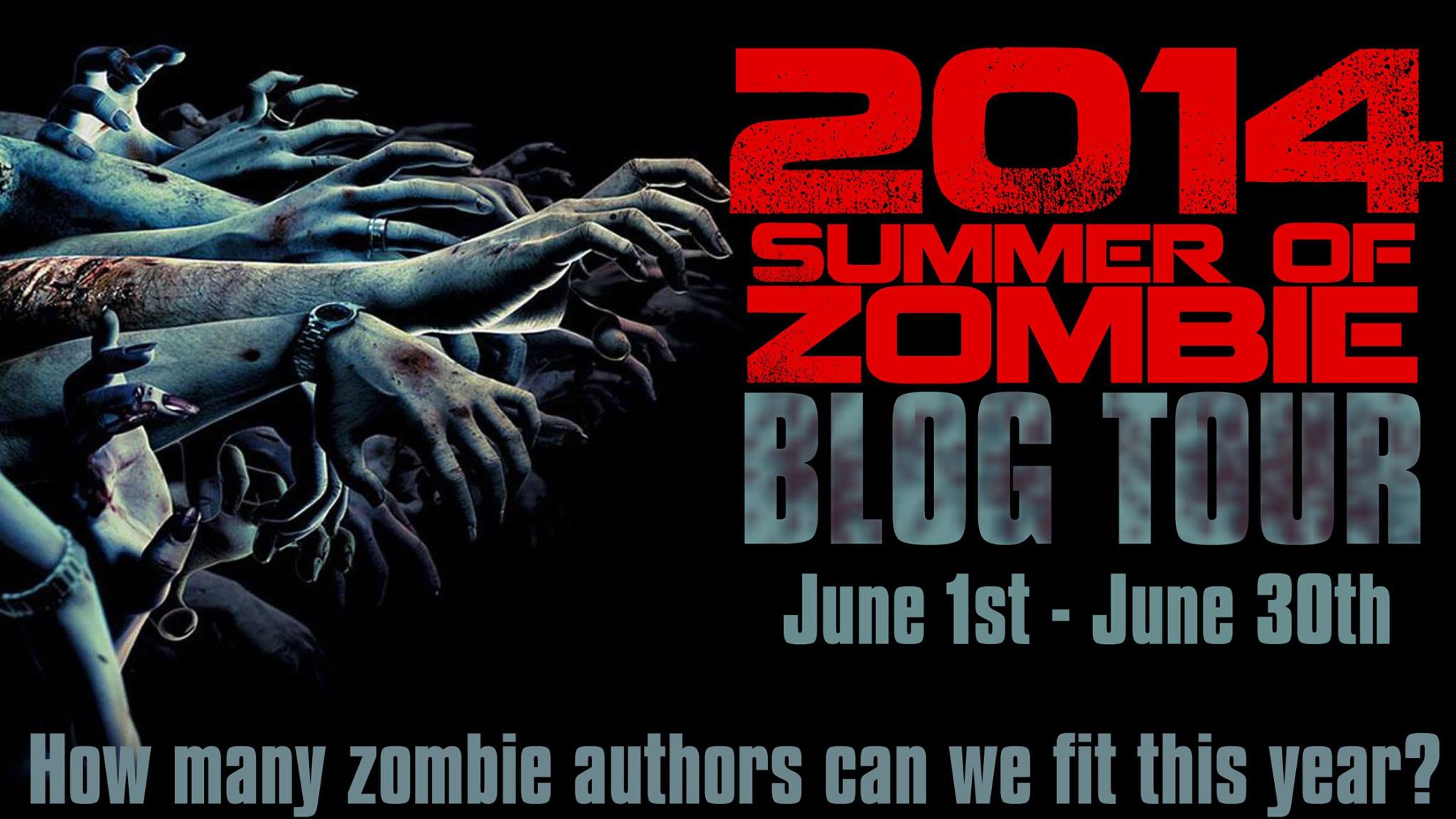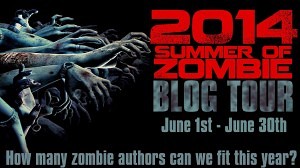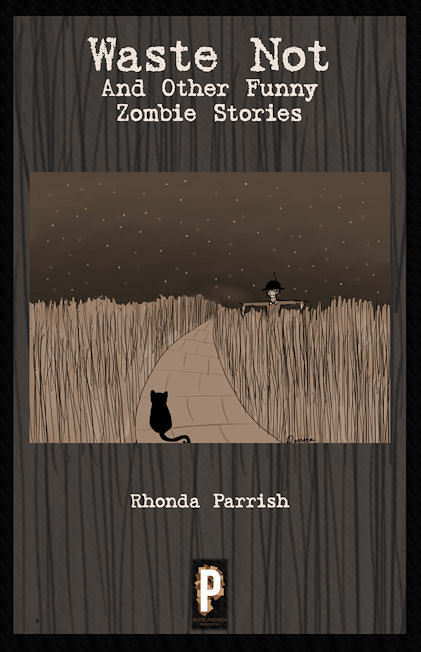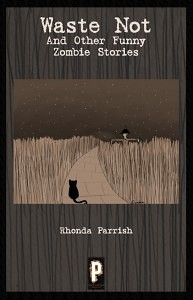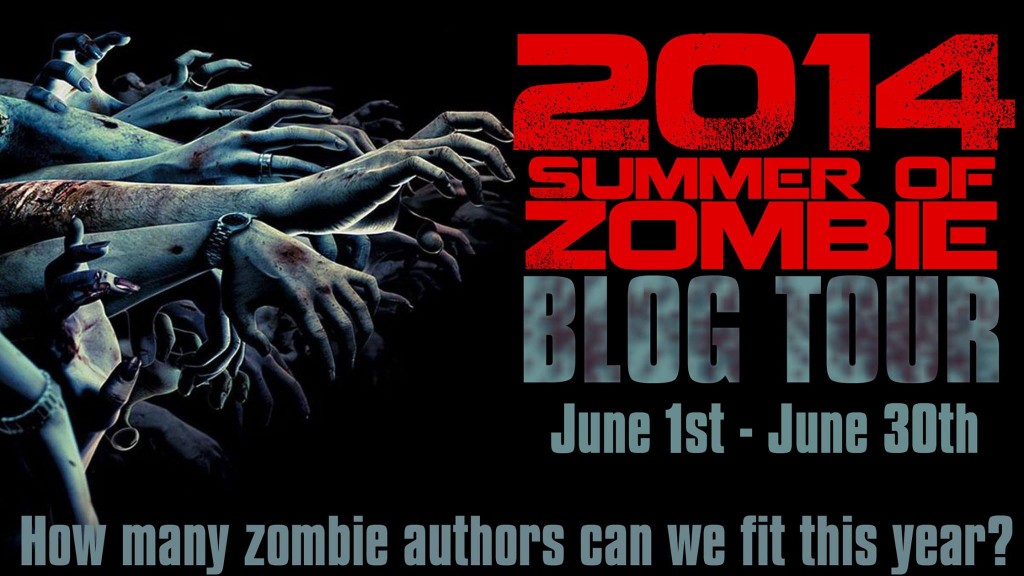
.
Monster Mythbusting: Haitian Zombis
When Stan invited me to do a column for Dark Moon Digest first I was flattered, and then in no time at all I was stumped. What could I possibly write about from issue to issue that people would want to read? After considering and rejecting a great number of ideas I settled on this one: Monster Mythbusting.
Ever wonder if a lizard really could grow big enough to tower over buildings, if a creature could spontaneously burst into flames (or sparkle) when exposed to sunlight, or if zombies could really exist? Then stick around. These are the sorts of questions I plan to tackle in this column.
We’re going to start with the zombie. Zombies have enjoyed an upsurge in popularity recently which makes me very happy. Ever since, as a kid, I first saw George Romero’s original Dawn of the Dead I have been hooked on zombies. Whether they are shambling undead hordes, hanging out in regency novels or rage-filled “zoombies”, it doesn’t matter; I love them all. That made them the perfect monster for my first Dark Moon Digest column, but I needed a specific myth to examine.
One of my favourite zombie types is the living zombie, specifically those purportedly created via voodoo. Wade Davis, an ethnobotanist (a scientist who studies culture, plants and the interaction between the two) has spent a lot of time studying this type of zombie and the process by which they are created in Haiti. His work and theories were popularized by his novel, The Serpent and the Rainbow, and the Wes Craven movie of the same name. His work inspired the question I’ve decided to investigate for this column: do zombies exist in Haiti today?
Belief in the existence of zombies is nearly universal in Haiti and I think it’s important to note that Haitian zombies are not Hollywood zombies. They are not ghouls set on spreading their affliction throughout the human race. In fact, in Haiti people aren’t afraid of zombies, they are afraid of becoming one. It’s not the zombie that is the monster, but its creator. A Haitian zombie (or zombi) is a person who has had their soul removed from their body, leaving them a mindless, empty shell. In direct conflict with the idea of cannibalistic zombies, in Haiti it is strongly believed that zombis who have been created to be a slave must not be fed salt or meat lest their spirit be returned to them.
The belief in zombification is so pervasive in Haiti that there are laws against it. Article 249 of the penal code in Haiti equates turning a person into a zombie with murder even though the zombie is still technically alive. The fear of grave robbery and being raised from the dead is so strong that Haitian crypts are often locked and barred. Guards are set on them, to watch until the bodies are decomposed enough to be beyond resurrection or usefulness to a voodoo priest or “bokor”.
Practioners of voodoo believe zombis can be created in two ways. The first is accidental and the second intentional. Accidental zombis are believed to happen in the course of some voodoo ceremonies. During these rituals it is not uncommon for a believer to become possessed by the spirit of a god. Since a god and a person cannot be in the same place at the same time, the person’s soul temporarily leaves their body. They believe if the god’s spirit vacates the body too abruptly it may take the person’s spirit with it, leaving them a zombi. Religious accidents do not lend themselves well to being studied. Thus, for the sake of this column I am going to focus on intentionally created zombies.
Voodoo curses and zombification (or the threat thereof) are used as a means of vengeance in Haiti. A person can hire a bokor to zombify their enemies, killing them and then raising them from the dead as soulless slaves. It’s the ultimate revenge.
Wade Davis studied the powder bokors use to create zombies and found that it contained a powerful neurotoxin called tetrodotoxin which comes, primarily, from the puffer fish. Exposure to this venom can result in a comatose state that strongly mimics death. Thus, he theorized, people could be mistakenly declared dead and buried.[1] Then the bokor could dig them up.
Oxygen deprivation from their time in the grave could cause brain damage. The typical progression of this sort of brain damage (cerebral hypoxia[2]) is to first destroy higher order abilities such as speech and independent thought before it affected motor function. This would, in theory, leave people mobile and able to perform simple tasks but unable to think for themselves.
Once disinterred, they would be forced to eat “zombie cucumber”, a pasty mix of cane sugar, sweet potatoes and a powerful psychoactive substance called datura stramonium. The datura stramonium could cause memory loss and keep the newly created zombies submissive and disoriented.
There are those who find fault with Mr. Davis’ theories. Two scientists in particular, who are experts about tetrodotoxin, C.Y. Kao and Takeshi Yasumoto, took issue with his findings. They argued that Mr. Davis had hurt his scientific credibility by keeping certain information which may have cast doubt on the potency of zombie powder out of his thesis and condemned him for participating in graverobbing as part of his research. They also believed that the concentration of tetrodotoxin in the zombie powder he studied was too low to have any affect on a human subject.[3] However, the potency of the powder is likely to be highly variable—bokors don’t tend to use precise measurements and the toxicity of the puffer fish varies from season to season and even across gender. Thus, it’s conceivable that some powders might be more potent than others.
On the other hand, there is a famous case study that lends credence to Mr. Davis’ theory. In 1962, Clairvius Narcisses, a Haitian man who complained of symptoms of exposure to tetrodotoxin, was declared dead by two American-trained doctors and subsequently buried. Eighteen years later, a man claiming to be Clairvius approached his sister, identified himself and shared information that wasn’t common knowledge to attempt to prove his identity. He claimed he’d been turned into a zombi and forced by a bokor to work on a sugar plantation until the bokor’s death released him from his power.
The man claiming to be Mr. Narcisse alleged that, after being declared dead, he remained completely conscious and aware of what was going on around him but was unable to move or communicate—the same symptoms have been described for individuals poisoned with tetrodotoxin. He also claimed to be aware of his funeral and burial and showed a scar on his cheek where a nail punctured him when the coffin lid was fastened. Upon being quizzed about obscure familial and local knowledge that only someone from his village around the time of his alleged death would know and he answered them all correctly. Intriguing, no?
In 1996 and 1997 Roland Littlewood and Chavannes Douyon went to Haiti and examined three people who were purported to be zombis. They determined their first subject was a catatonic schizophrenic, the second had brain damage which was likely the result of anoxia and the third had a severe learning disability that was quite likely fetal alcohol syndrome. Most interestingly, was the fact that two of their subjects were DNA tested and found to be unrelated to the people who claimed them as family[4].
Littlewood and Douyon’s study implies that people who are brain damaged or mentally ill may be confused for zombis. However, we can’t use this case as evidence against the existence of zombis because Littlewood and Douyon would not dismiss the possibility that these people—especially the one who was brain damaged from a lack of oxygen—had been poisoned by a bokor with zombie powder. In fact, they said, “Given that death is locally recognised without access to medical certification, and that burial usually occurs within a day of death, it is not implausible for a retrieved person to be alive. The use of Datura stramonium to revive them, and its possible repeated administration during the period of zombi slavery could produce a state of extreme psychological passivity.”[5]
So, are Hatian zombis real? While I believe that some cases of zombification are actually misunderstood mentally ill or damaged people, I find that I’m unable to dismiss all cases this way. Perhaps the zombie powder doesn’t work very often, but it doesn’t have to. If it works even once in a million times that is enough. In addition, as Mr. Davis pointed out, we have to take the Haitian culture into account when considering zombis; they believe in them and in the power of voodoo, and belief is a powerful force. In the end I’m not willing to call this myth confirmed, but I definitely think it’s plausible. Perhaps we’ll never know the answer for sure but that only adds to the mystique around Haitian zombis and tightens the grip they and voodoo have upon our imagination.
[1]E. Davis, Wade (1985). The Serpent and the Rainbow. New York: Simon & Schuster. [2] “Cerebral Hypoxia Information Page: National Institute of Neurological Disorders and Stroke,” accessed November 4, 2010. http://www.ninds.nih.gov/disorders/anoxia/anoxia.htm [3] Takeshi Yasumoto and C.Y. Kao, “Tetrodotoxin and the Haitian zombie,” Toxicon, No. 24, (1986). [4] Roland Littlewood and Chavannes Douyon, “Clinical findings in three cases of zombification,” Lancet, No. 350, (1997). [5] Littlewood and Douyon, “Clinical findings in three cases of zombification.”
(I added the tree picture because if you squint at it in just the right way it’s almost “spooky”, I haven’t taken any zombie photographs [yet] and I really felt like there needed to be a break between the body of the article and the references. So. Yeah.)


